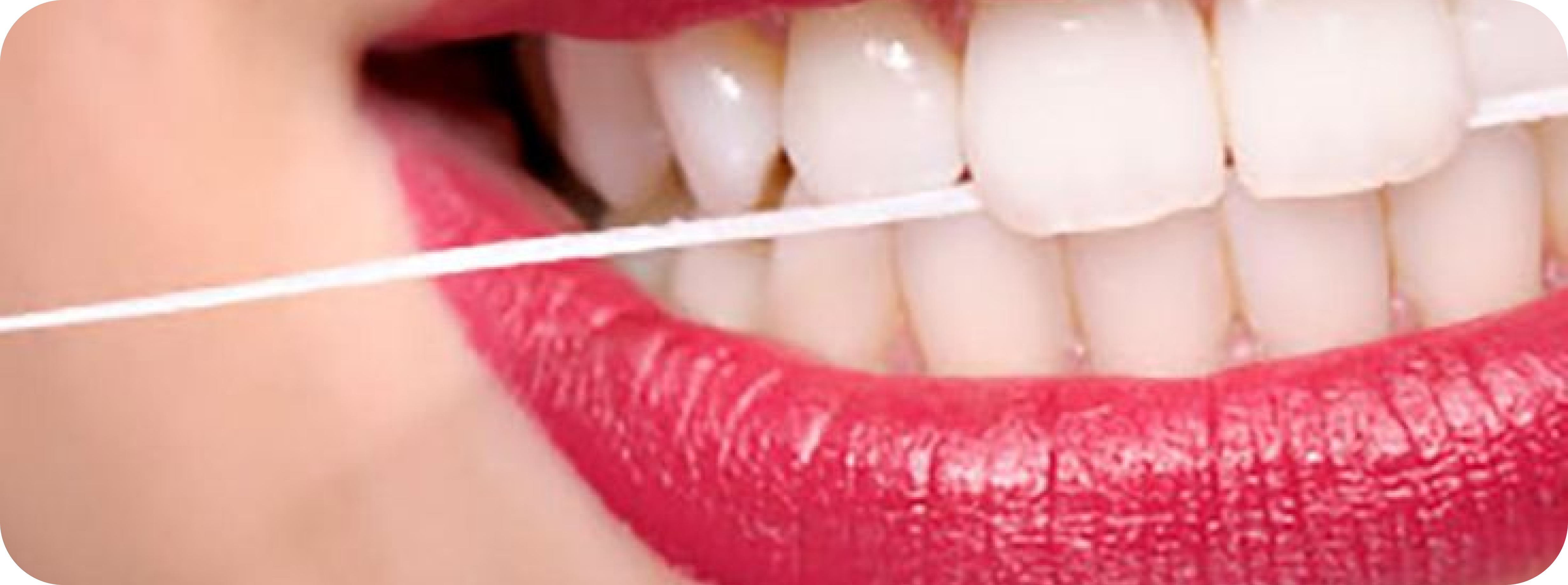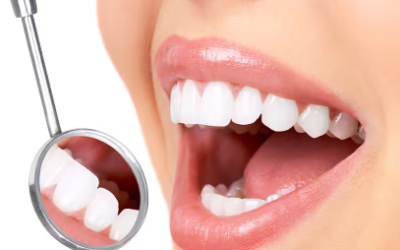Maintaining optimal oral health goes beyond daily brushing and flossing.

Understanding the Importance of Flossing
Removing Plaque and Preventing Tartar Buildup
One of the primary benefits of flossing is its ability to remove plaque. Plaque is a sticky film of bacteria that forms on teeth after eating. If not removed, it can harden into tartar, which can only be removed by a dental professional. Flossing daily helps to break down and remove plaque, preventing it from turning into tartar and leading to cleaner, healthier teeth.
Preventing Gum Disease
Gum disease, also known as periodontal disease, begins with gingivitis, a mild form of gum inflammation. If left untreated, gingivitis can progress to more severe forms of gum disease, potentially leading to tooth loss. Flossing removes plaque and food particles from the gum line, reducing the risk of inflammation and infection, thereby preventing the onset of gum disease.
Enhancing Oral Hygiene
Good oral hygiene is essential for maintaining healthy teeth and gums, and flossing is a key component of a comprehensive oral care routine.
Reducing the Risk of Cavities
Cavities, or dental caries, are caused by the breakdown of tooth enamel due to acid produced by bacteria in plaque. By removing plaque from between the teeth and along the gum line, flossing helps to reduce the bacterial load in the mouth, thereby decreasing the risk of cavities.
Freshening Breath
Bad breath, or halitosis, is often caused by food particles trapped between the teeth, which can harbor bacteria and produce unpleasant odors. Regular flossing helps to remove these particles, promoting fresher breath and better oral hygiene.
Flossing and Systemic Health
The benefits of flossing extend beyond oral health, impacting overall health and well-being in several important ways.
Reducing the Risk of Heart Disease
Emerging research suggests a link between oral health and cardiovascular health. Poor oral hygiene, leading to gum disease, can increase the risk of heart disease. The bacteria from gum infections can enter the bloodstream, causing inflammation and contributing to the formation of arterial plaque. By maintaining good oral hygiene through regular flossing, individuals can help reduce their risk of heart disease.
Managing Diabetes
People with diabetes are more susceptible to gum disease due to their impaired ability to fight infections. Conversely, gum disease can make it more difficult to control blood sugar levels. Regular flossing can help prevent gum disease, thereby aiding in better diabetes management and overall health.
The Psychological Benefits of Flossing
The benefits of flossing are not limited to physical health; there are also psychological advantages associated with this daily practice.
Boosting Self-Confidence
Having clean, healthy teeth and fresh breath can significantly boost an individual’s self-confidence. Knowing that one’s oral health is well-maintained can reduce anxiety about dental issues and enhance social interactions.
Establishing a Routine
Incorporating flossing into a daily routine can foster a sense of discipline and consistency. This small yet significant habit can serve as a foundation for other positive health behaviors, contributing to a healthier lifestyle overall.
How to Floss Correctly
To reap the full benefits of flossing, it’s essential to use the correct technique. Here are some tips to ensure effective flossing:
- Choose the Right Floss: Select a floss that suits your needs, whether it’s waxed, unwaxed, flavored, or designed for sensitive gums.
- Use Enough Floss: Cut a piece of floss about 18 inches long, allowing you to use a fresh section for each tooth.
- Hold the Floss Correctly: Wrap the ends of the floss around your middle fingers, leaving about 1-2 inches of floss to work with.
- Gentle Motion: Gently slide the floss between your teeth using a sawing motion, being careful not to snap it against your gums.
- Curve and Clean: Curve the floss around each tooth in a C shape and gently slide it under the gum line. Move the floss up and down to remove plaque and debris.
Common Myths About Flossing
Despite the proven benefits of flossing, several myths and misconceptions persist. Let’s debunk some of these common myths:
Myth 1: Flossing is Not Necessary if You Brush Regularly
While brushing is essential, it cannot reach the spaces between teeth and under the gum line. Flossing complements brushing by targeting these areas, making it a necessary part of a complete oral care routine.
Myth 2: Flossing is Too Painful and Causes Bleeding
Initially, flossing may cause slight discomfort or bleeding, especially if your gums are not used to it. However, with consistent practice, your gums will become healthier, and the bleeding should stop. If pain persists, it’s advisable to consult a dentist.
Myth 3: Flossing Can Create Gaps Between Teeth
Flossing does not create gaps; instead, it helps maintain the natural spacing by removing plaque and preventing gum disease, which can cause teeth to shift if left untreated.
Conclusion: Making Flossing a Daily Habit
Incorporating flossing into your daily oral care routine is a simple yet highly effective way to improve your oral and overall health. By preventing plaque buildup, reducing the risk of gum disease and cavities, and even potentially lowering the risk of systemic health issues, flossing is an indispensable practice. Make it a part of your daily routine and enjoy the numerous health benefits it brings.
How often should I floss?
Is it better to floss before or after brushing?
Can I use a water flosser instead of traditional floss?
What should I do if my gums bleed when I floss?
Are there any alternatives to flossing for maintaining oral health?
Transforming Oral Health: How Patients Benefit from Mobile Dental Hygiene Services
Maintaining good oral hygiene is vital for overall health, but many people face barriers that prevent them from accessing regular dental care.


